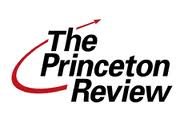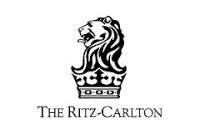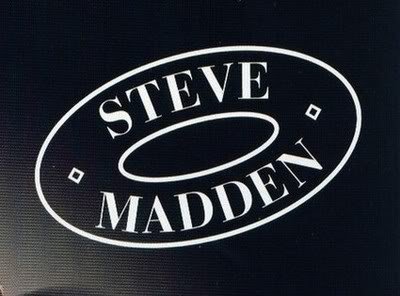
With the bustling holiday season behind us, you now have a chance to focus on managing your team’s sales performance.
Thus, we are offering 10 strategies to boost retail sales, which can be helpful during coaching sessions.
In the midst of peak shopping periods, assessing your team members’ performance can be challenging.
Sales often come easy when customers are in a shopping spree or even a state of desperation, requiring less skill and knowledge from a sales associate.
However, when customers are less abundant and those who do visit the store aren’t obliged to make a purchase, the competence of the sales associate becomes crucial for your business.
Here are 10 strategies to enhance retail sales and manage sales performance in your store.
1. For accurate performance assessment, design work schedules that allow all team members to experience both busy and quieter shifts.
This ensures fair Sales per Hour comparisons between associates.
While scheduling, ensure your top performers are present during peak hours, but offer a level playing field for those whose performance is uncertain or average.
2. Thoroughly examine each associate’s KPIs (Key Performance Indicators) from the past few months (busier periods).
Review previous schedules to identify high-performers and underperformers, and look for possible correlations to the scheduling.
3. Use your top-performing associate’s KPIs as a benchmark and rank all associates accordingly.
4. Document your observations and conclusions on your sales reports to refer back to them during discussions with the associates.
5. Initiate performance discussions at the start and end of every shift or day. Immediate feedback and coaching proves more effective.
6. While coaching, point out observed behaviors and their impact on results, both good and bad.
Offer advice on altering unproductive behaviors and monitor if the associate implements these changes.
7. Ensure product knowledge materials are available for associates to review. Require them to sign or initial the material after reading.
Do not tolerate excuses for not staying updated with product knowledge.
8. Ensure your management team understands their responsibilities when in charge. Associates should experience consistent management.
If a coaching point is significant to you, it should be important to the rest of the management team, right?
This consistency, or united front, is vital for associates to observe.
9. A management team member should always be on hand to answer queries and provide general assistance to associates in their efforts to ‘make their sales’.
10. If an associate continues to underperform despite receiving feedback, suggestions, coaching, and reasonable time for improvement, it may be necessary to initiate a formal performance management process.
















































































